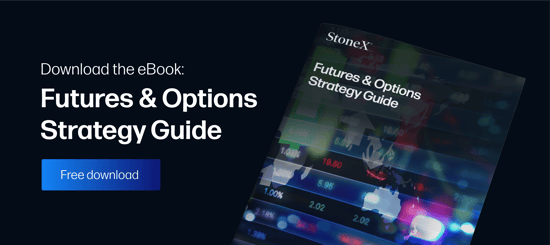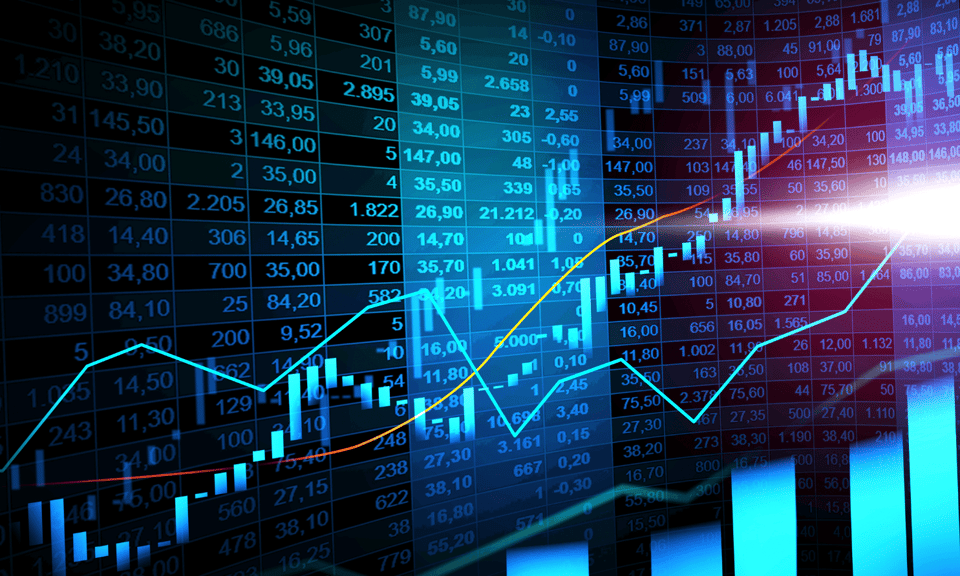In the fast-paced arena of online futures trading, being able to enter and exit a market efficiently is of paramount importance. Having the ability to instantly open a new position or close an existing one is critical to managing risk while promoting reward. In turbulent trading conditions, the use of various market order types can be a viable way of managing the chaos.
According to the U.S. Securities and Exchange Commission (SEC), a market order is an order to buy or sell a security immediately upon an open exchange. While this type of order has several drawbacks, it’s the only sure-fire way to adjust your current market exposure within the blink of an eye.
Executing a Market Order
Market orders provide traders a unique functionality that differs from other order types. While limit and stop-limit orders are placed at the exchange to be filled at a specific price or better, market orders are executed instantly at the best available price. Buy market orders are filled at or near the current ask price and sell market orders are filled at or near the prevailing bid.
Before the era of online futures trading, the procedure for executing a market order varied depending upon what type of trader you were. If you were a floor trader, then a verbal queue or hand signal was used to instantly buy or sell contracts of a desired product. In the event that you were an off-the-floor trader, then a phone call to your broker was necessary.
Under the open-outcry auction format, pit traders had a definitive speed advantage over participants not privy to the floor. In the digital futures marketplace, executing various market order types is as easy as clicking the buy market or sell market button on your trading platform.
Any trades are educational examples only. They do not include commissions and fees.
Market Order Types
Aside from market orders coming in basic buy and sell varieties, they are instrumental to the functionality of two distinct order types:
- Market-if-touched (MIT): MIT orders are placed upon the exchange at a specific price level in the same fashion as a traditional limit order. However, when the market touches a specified level, the MIT order is immediately filled at the best available price. MIT orders are regularly used by intraday traders to capture entry for breakouts and range trades or to lock in profits during periods of enhanced volatility.
- Stop: Stop orders are similar to MIT orders but are primarily used to close out existing positions. Stop orders are placed at specific levels to be executed instantly at the best available price when hit. In contrast to MIT orders, the buy/sell functions for stop orders are reversed. For instance, in an active short position, the stop order is placed above current price to be executed when the market rallies to the specified level.
The Market Order Trade-Off
The single largest advantage to using the MIT and stop order types is the certainty of execution. In fast-moving futures products, such as WTI crude oil, or in contracts exhibiting limited liquidity, it can be a challenge to enter or exit the market at a specific price. Limit and stop limit orders can be skipped — MIT and stop orders cannot.
Here are several advantages to implementing market, MIT, and stop orders:
- Ability to cut losses immediately
- Capitalize upon unexpected momentum and developing breakouts
- Lock in profits on the fly
Conversely, conducting trade exclusively via market orders has a few drawbacks:
- Increased costs associated with slippage
- Lack of precision during order entry
- Tests trader discipline and psychology on an ongoing basis
There is an ideal time and place for the use of various market order types. If speed is of paramount performance, then the instant execution a market order provides is well worth the cost. If time is not of the essence, a more structured order entry approach may be optimal.
Becoming Proficient in Market Orders
The market order is a valuable addition to the short-term trader’s tool box. Whether you’re interested in momentum trading on compressed time frames or in aggressive risk management, market orders provide a wealth of options.



